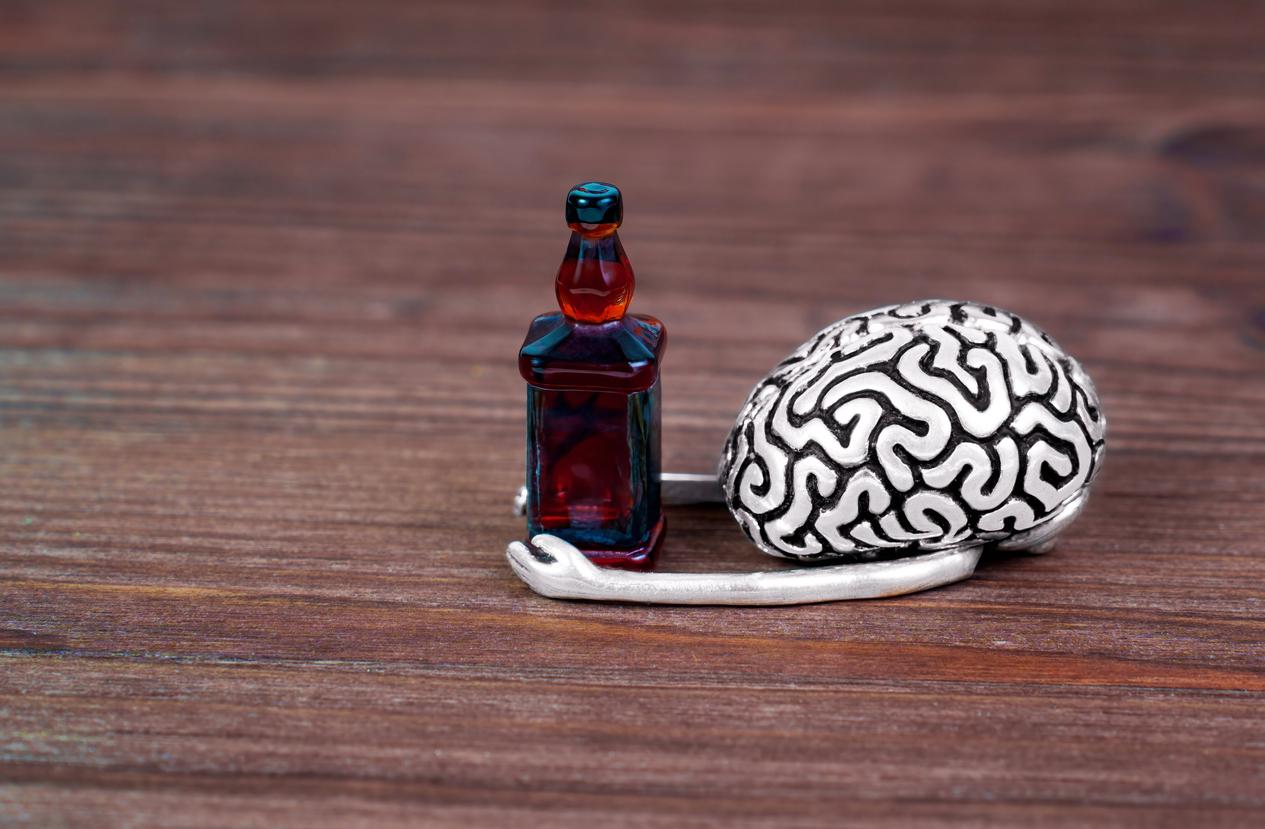Patients taking antidepressants would be less receptive to pleasure and react more slowly to learning.

- The choice of the therapeutic class chosen to treat a patient depends on several criteria such as his symptoms, his pathologies, the antidepressants previously received, etc.
- According to Inserm, after 8 weeks of well-respected drug treatment, in general: one third of patients are in complete remission of symptoms, one third have partial remission and one third do not respond at all.
Antidepressant treatments are effective in 70% of cases, according to National Institute of Health and Medical Research (Inserm). There are several therapeutic classes of antidepressants, including those targeting serotonin neurons, more specifically selective serotonin reuptake inhibitors (SSRIs). A recent study, published in the journal Neuropsychopharmacology, precisely looked at the different side effects of these SSRI antidepressants.
A decrease in negative and positive emotions
For this, they conducted experiments on 66 healthy participants. Among them, 32 received escitalopram – an SSRI class antidepressant – and the other 34 received a placebo. All had to answer a self-assessment questionnaire after a minimum of 21 days of taking the drug and they also had to do cognitive tests to assess learning, inhibition, memory and decision-making.
The first side effect observed was the decrease in sensitivity to positive emotions. “[Les antidépresseurs] take away some of the emotional pain that people with depression feel, but unfortunately it seems to take away some of the fun as well”, explains Professor Barbara Sahakian, lead author of the study. In detail, 60% of participants would have become less sensitive to positive and negative reactions after following this SSRI treatment.
Antidepressants: side effects on learning and sexuality
Another side effect: a lower learning ability was observed in participants who were taking treatment. More specifically, it was about the ability to retain and therefore learn from the reflections that others make to us.
To measure this, the scientists gave participants a choice between option A and option B. The first allowed for a four times out of five reward, whereas there was only a one in five chance with the option B. Thus, after several rounds, the participants normally retained the rule. But, those on SSRIs were much slower to remember and did not use the indications given to help them.
On the other hand, the researchers also observed, in the responses of the participants, that those on SSRIs had more difficulty during their sexual relations. They reported having more difficulty reaching orgasm. Nevertheless, the researchers point out that this study should not be an argument for patients who need it to stop their treatment. “There is no doubt that antidepressants are beneficial“, concludes Professor Barbara Sahakian.
















